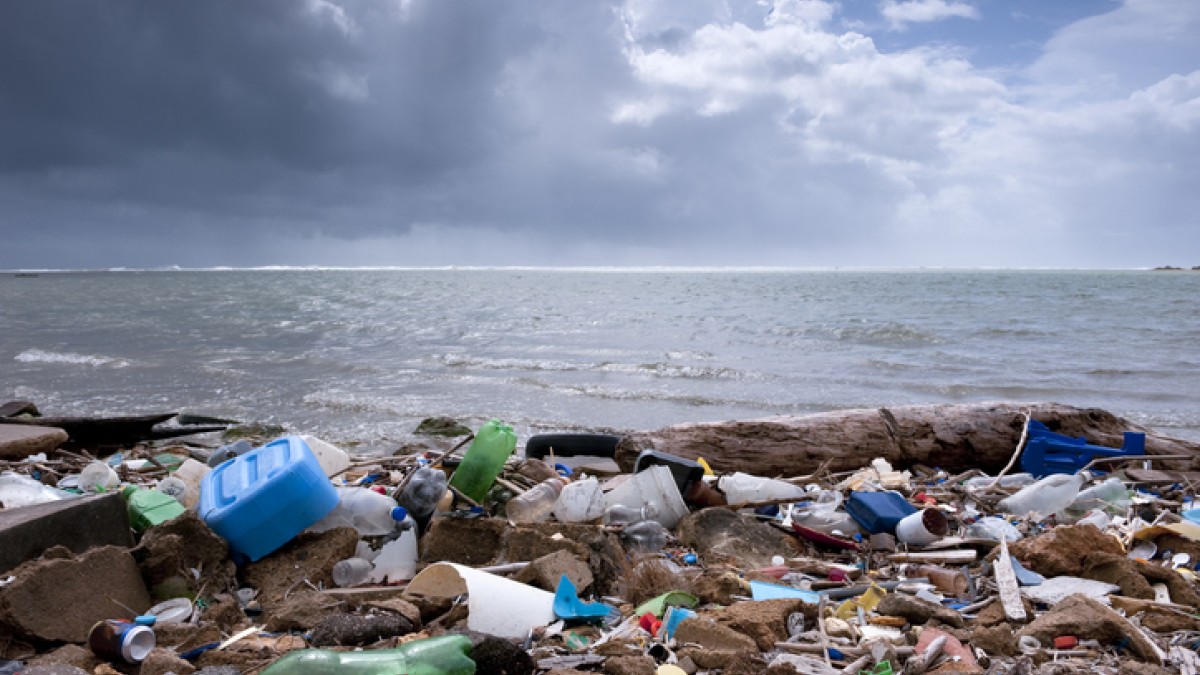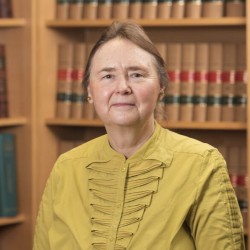Commentary: UN plastic pollution treaty must address root causes – not just plastic waste
As talks resume in Geneva on a legally binding global treaty to tackle plastic pollution, Surrey experts are calling for stronger measures that go beyond end-of-life waste management and address the entire lifecycle of plastic – from production and chemical composition to product design and the development of sustainable alternatives.

The following expert comments were written by Professor Rosalind Malcolm, Co-Director of the Governing Plastics Network from Surrey Law School, and Professor Joseph Keddie, Professor of Soft Matter Physics and Royal Society Industry Fellow at the University of Surrey.

Professor Rosalind Malcolm said:
“These negotiations hinge on two key questions: should we cap plastic production, and should we limit harmful chemicals added to plastics? Countries are split – with the High Ambition Coalition pushing for full lifecycle regulation, including reducing production of fossil-fuel-based plastic, while oil-producing states argue plastics are only a waste management issue.
“A strong, legally binding treaty must address the root causes and our research at Surrey is addressing these governance issues. That means limiting plastic production, restricting problem chemical additives, mandating ecological design and introducing clear labelling. Crucially, we must support developing countries to adopt cleaner, more sustainable practices. Without these measures, we risk falling short of real, lasting change.”

Professor Joseph Keddie added:
"With Net Zero targets pushing manufacturers away from glass and aluminium due to their high carbon footprints, there’s growing urgency to find sustainable alternatives to conventional plastic packaging. Paper is emerging as a strong candidate – especially for dry goods – thanks to its recyclability, renewable origins and lower environmental impact compared to polyethylene terephthalate (PET). Our research at Surrey is helping to make paper bottles a viable option for liquids as well. Encouragingly, public engagement shows a real appetite for reducing single-use plastics and embracing greener materials like paper."
Related sustainable development goals


Featured Academics
Media Contacts
External Communications and PR team
Phone: +44 (0)1483 684380 / 688914 / 684378
Email: mediarelations@surrey.ac.uk
Out of hours: +44 (0)7773 479911

